Search
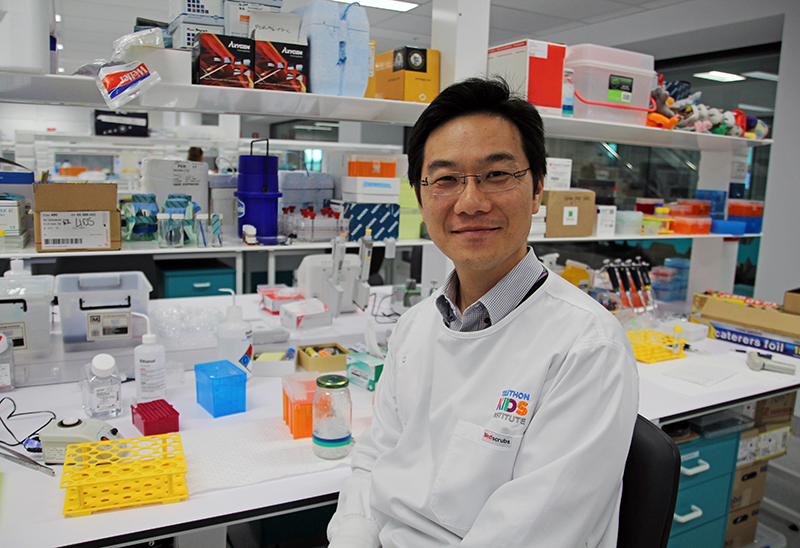
News & Events
Working to end childhood cancer: A father’s storyDr Laurence Cheung is doing everything he can to end the threat of childhood leukemia. His research has the potential to change countless lives, but he also has another important job – being a dad to three beautiful children.
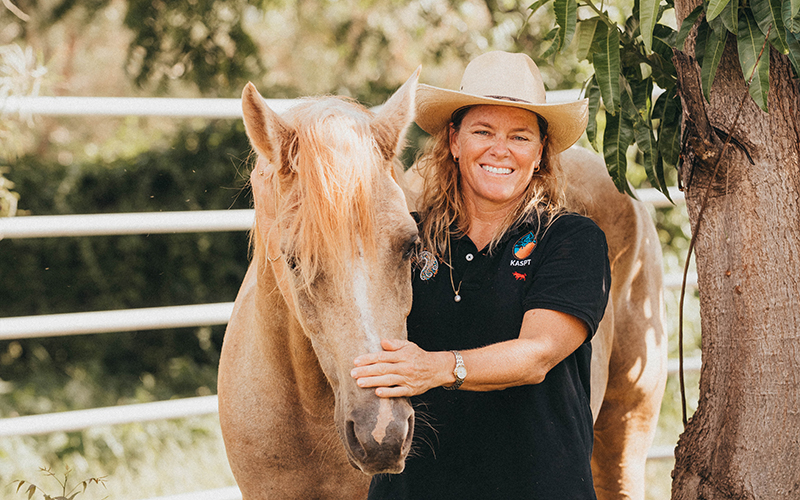
News & Events
Major funding boost for innovative Yawardani Jan-ga programA trail-blazing Aboriginal-led program which uses equine-assisted learning to address the urgent needs of young Aboriginal people across the Kimberley has been given a major funding boost, thanks to a generous grant from Healthway.

News & Events
Supporting our transgender communityWe at The Kids were disappointed to read the comments made by our new Lord Mayor Basil Zempilas about the transgender community.
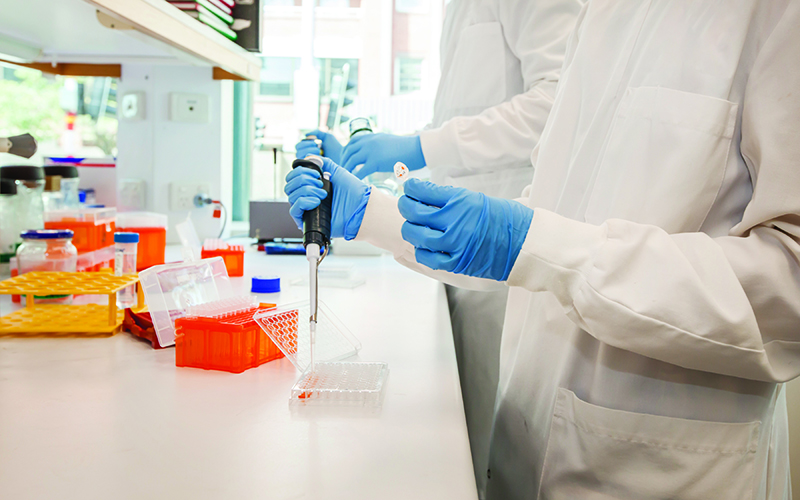
News & Events
Replication of rare aggressive brain cancer could pave the way for better treatmentsIn an Australian-first, The Kids Research Institute Australia researchers have developed a new tool that could improve outcomes for children with a highly aggressive type of brain cancer.
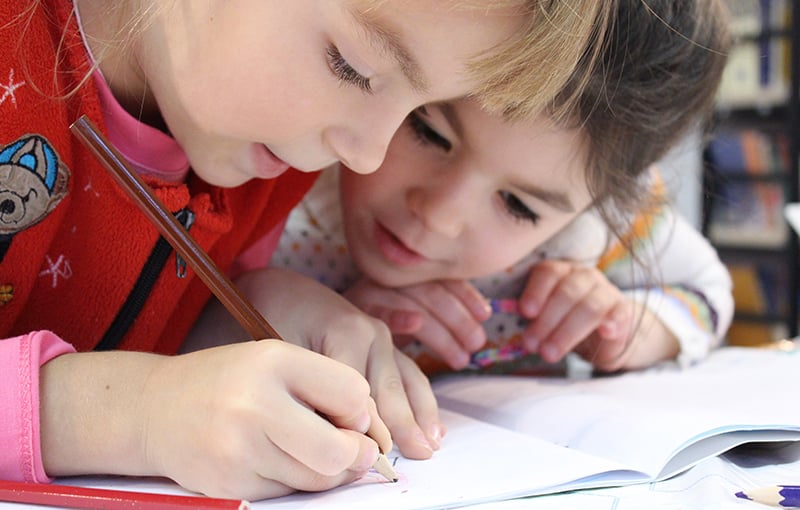
News & Events
School readiness is more than just test resultsA new study by researchers at The Kids Research Institute Australia has found there is a bigger picture to consider when determining whether a child is ready to start school.

News & Events
Celebrating CONNECTAt The Kids Research Institute Australia, we’ve always known what a fantastic community we have around us.
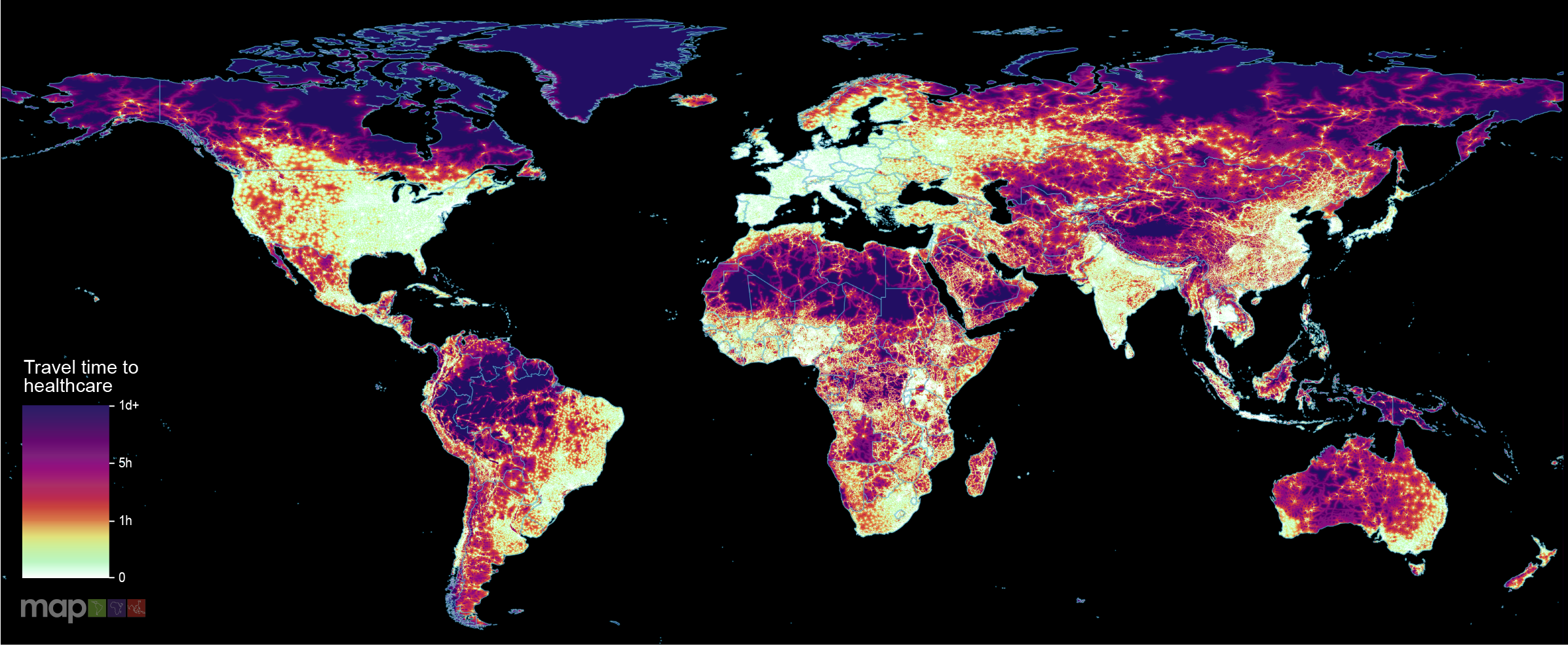
News & Events
World-first maps reveal how long it takes to reach healthcare from anywhere in the globeNew research which maps the entire global population’s travel time to their nearest healthcare facility has revealed major inequalities in access to healthcare depending on whether people have access to motorised transport or not.

News & Events
Childcare centres urged to adopt new policy to boost kids’ physical activityChildcare centres will be invited to help boost children’s physical activity levels by signing on to a new program which commits them to creating more opportunities for physical activity.

News & Events
WA, Queensland leading nation’s improvements in early childhood outcomesWestern Australia and Queensland are leading the nation when it comes to ensuring children have a good start at school, according to a study by researchers at The Kids Research Institute Australia.
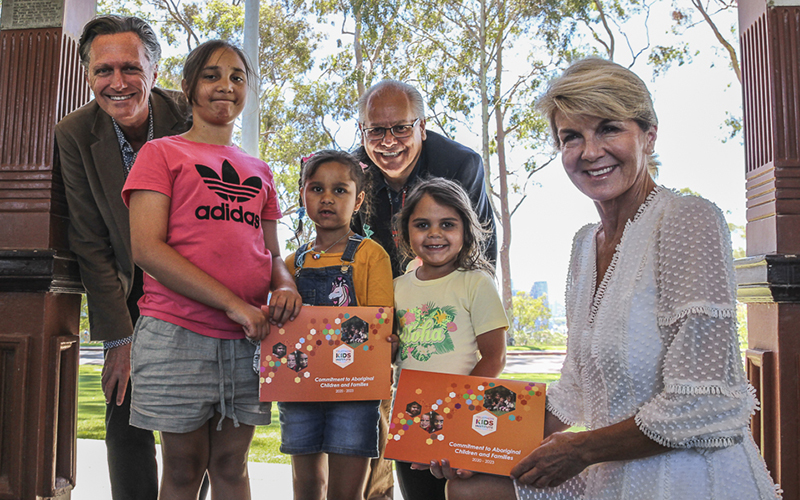
News & Events
Our Commitment to Aboriginal Children and FamiliesWe will prioritise our partnerships with Aboriginal families and communities across Western Australia and beyond to improve the health and development of their children.
